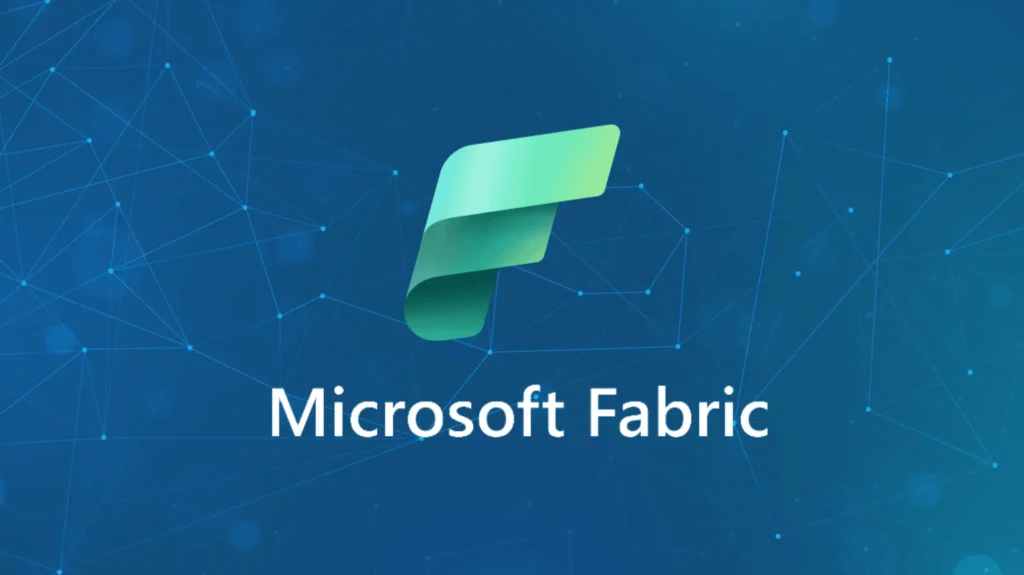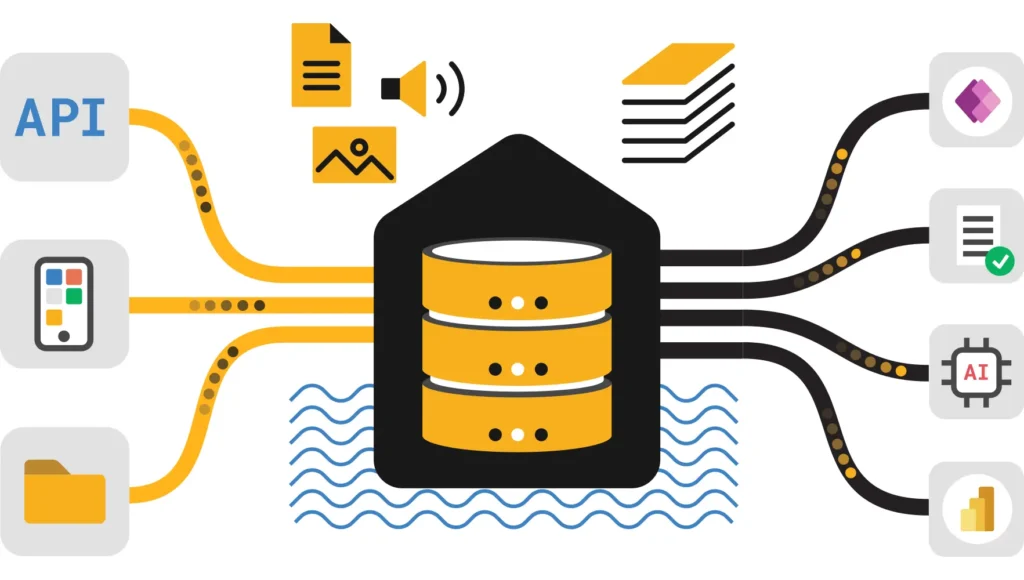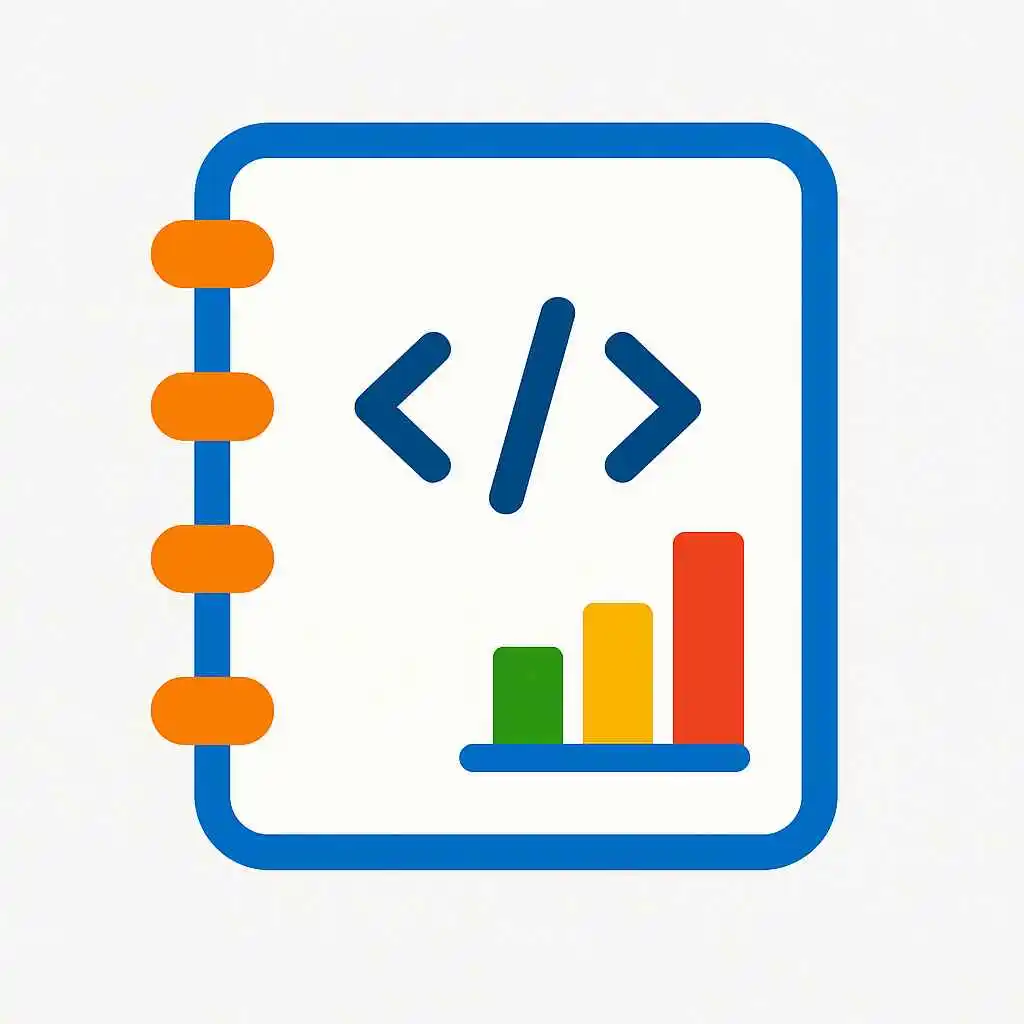Introduction to Skrub Library
The Skrub Library is a modern Python library designed to revolutionize tabular data preprocessing for machine learning. With Skrub, data scientists can automate complex tasks like feature engineering, fuzzy joins, and data cleaning, freeing up time to focus on building accurate models.
Skrub’s intelligent defaults and extensibility make it ideal for practitioners ranging from beginners to experts. For additional learning, visit our free learning resources to deepen your data science skills alongside Skrub’s capabilities.
Key Features of Skrub Library
Interactive Dataset Exploration with TableReport
Quickly generate interactive reports summarizing distributions, correlations, and missing values to guide data preparation.
Powerful Feature Engineering via TableVectorizer
Automatically encode mixed-type data including high-cardinality and datetime features for seamless input to ML models.
Flexible Fuzzy Joining and Aggregation
Merge tables with inconsistent keys using approximate string matching and aggregate auxiliary tables to enrich features.
Advanced Temporal Feature Extraction
Extract cyclic and time-based features from datetime columns to boost model performance on temporal data.
Multi-Table Pipeline Construction with DataOps
Build complex, multi-table ML pipelines with hyperparameter tuning support tailored for real-world data challenges.
Skrub Library Installation & Quick Start
Prerequisites: Python 3.8+, pandas or polars, scikit-learn 1.0+, and optionally fuzzywuzzy.
Install Skrub with pip:
pip install skrub
Example usage:
from skrub import TableReport, tabular_learner
from skrub.datasets import fetch_employee_salaries
data = fetch_employee_salaries()
df, y = data.X, data.y
report = TableReport(df) # Explore data
learner = tabular_learner('regressor')
from sklearn.model_selection import cross_val_score
scores = cross_val_score(learner, df, y, cv=5)
print(f"R²: {scores.mean():.3f} ± {scores.std():.3f}")
Skrub Library Component Deep Dive
TableReport – Understand Your Data
Comprehensive statistics and correlations help quickly assess dataset character and quality.
TableVectorizer – Encoding Mixed Data Types
Transforms varied data types into model-ready numeric features with scalable encoding choices including MinHash and GapEncoder.
Joiner & AggJoiner – Robust Table Merging
Handle fuzzy key matches and aggregate detail-level tables to enrich main datasets.
InterpolationJoiner – Spatial-Temporal Joins
Use learned interpolation models to join on non-exact spatial/temporal keys.
Advanced Capabilities of Skrub Library
- Picklable, production-grade sklearn-compatible pipelines.
- Hyperparameter tuning for encoders and joiners through DataOps.
- Support for multiple input tables and complex workflows.
- Extensive null handling and feature filtering options.
- Custom transformers to tailor data processing pipelines.
Real-World Skrub Library Examples
Credit Fraud Detection
Aggregate product-level transactions and encode features using MinHash for fast and accurate fraud classification.
Employee Salary Prediction
Process diverse features including dates and job descriptions to predict salary effectively with minimal manual work.
Time Series Enrichment
Enhance datasets with spatial-temporal weather data interpolated using InterpolationJoiner.
Skrub Library Performance & Best Practices
Strengths: Efficient handling of large tabular datasets, memory-optimized encodings, and fast fuzzy matching.
Limitations: Very large datasets may necessitate sampling. Tune fuzzy join thresholds to avoid false matches.
Best Practices: Start with defaults, use TableReport for analysis, tune encoders and joiners, and embed in sklearn pipelines for reproducibility.
Comparison of Skrub Library vs Other Tools
| Tool | Strengths | Limitations |
|---|---|---|
| Pandas/Polars | Powerful dataframe manipulation and large ecosystem | No built-in ML preprocessing automation or fuzzy joins |
| scikit-learn | Robust ML pipelines and model variety | Limited native dataframe support, manual preprocessing required |
| Skrub Library | Specialized tabular ML preprocessing with fuzzy joins and advanced encodings | Opinionated defaults require tuning; resource use grows with dataset size |
Skrub Library Resources & Community
Reduce data preparation overhead and accelerate machine learning modeling with the Skrub Library’s modern, flexible pipeline tools.



